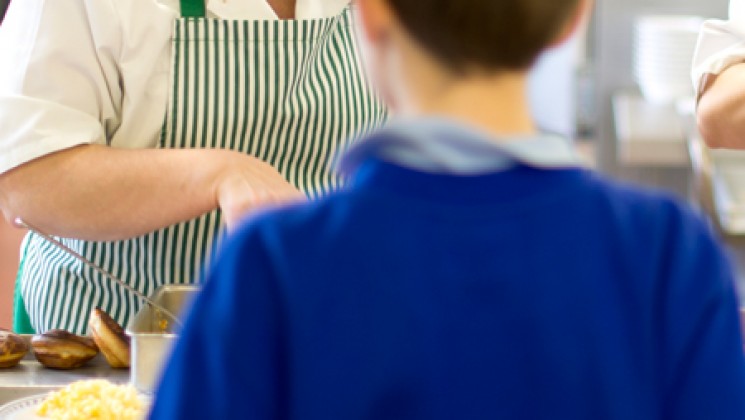Half of school support staff in England have been anxious about the return to classrooms this week, with many fearing measures to keep them safe are inadequate, according to a survey published today by UNISON.
The findings provide a snapshot of the concerns of staff as schools in England reopen to all pupils. More than 8,000 teaching assistants, cleaners, technicians, librarians, receptionists and catering staff took part in the poll between 26 February and 8 March.
Major worries include the absence of adequate protective kit, poor social distancing and a lack of safety assessments to measure the threat staff face, especially given new, more transmissible Covid variants, according to the survey.
One in three (33%) were worried school ventilation systems – crucial to generating air flow to combat airborne transmission of the virus – aren’t up to the job. More than a third (35%) hadn’t seen their school’s risk assessment or received an individual safety check.
Support staff are uniquely vulnerable to a Covid outbreak in schools, says UNISON. They tend to be older, are more likely to be Black and have underlying health conditions than the generally younger, teaching population.
These factors greatly increase their risk of being hospitalised and dying should they catch the virus, says UNISON. This is driving their fear of returning to school and is behind the desire to be offered the vaccine early.
The overwhelming majority (87%) think school workers should be given priority access to the jab to keep them safe and ensure schools remain open. But only around three in ten (29%) have had the vaccine so far, despite a third (33%) being in high-risk groups and 3% so vulnerable they’re shielding.
The vast majority think the ‘big bang’ reopening of schools was a mistake, with almost three-quarters (74%) favouring a phased or staggered return.
More than half (54%) backed the use of year group rotas to free up space for proper social distancing, and a similar number (52%) supported staff and pupils wearing face covering in corridors, classrooms and offices.
UNISON Yorkshire & Humberside regional convenor Wendy Nichols said: “From the beginning of this pandemic our members in schools have felt very vulnerable.
“My branch received as many as 40 contacts a day in the main from schools members who felt the government policies were putting them at risk.
“Many feel that the policy on vaccinations left them out, and I agree. All school based staff should have been higher up in the vaccination programme, this would have meant that they would have felt much safer in their workplace.”
UNISON head of education Jon Richards said: “Children need to be back in school, but the justifiable fears of support staff need to be heard and addressed too.
“It’s shocking that a third still haven’t had a risk assessment and simple safety measures, such as adopting a rota system to help social distancing, have been ruled out by ministers.
“The government needs to take account of the specific vulnerabilities of support staff and encourage schools to conduct detailed individual risk assessments to identify those at increased risk.
“Clinically vulnerable workers must be allowed to work from home until the virus risk is reduced or until they’re vaccinated.
“Untold damage will be done if ministers don’t put education and safety first and roll out the vaccine to all school staff.”
Notes to editors:
- UNISON carried out the survey from 26 February to 8 March 2021. The findings are based on 8,686 responses from school support staff working in nurseries/early years settings (6%), primary schools (58%), secondary schools (26%), special schools (9%) and pupil referral units (1%).
- Roles covered include teaching/classroom/learning assistant (50%), administrators (6%) special educational needs assistants (8%), additional special needs assistants (3%), nursery nurses (2%), cleaners (2%), librarians (1%) and site/facilities staff (2%).
- Advice for schools on how to create safe environments can be found in the joint union safety checklist for schools.
- UNISON is the UK’s largest union, with more than 1.3 million members providing public services in education, local government, the NHS, police service and energy. They are employed in the public, voluntary and private sectors.
Media contacts:
Garfield Myrie M: 07432 741565 E: press@unison.co.uk
Liz Chinchen M: 07778 158175 E: l.chinchen@unison.co.uk

